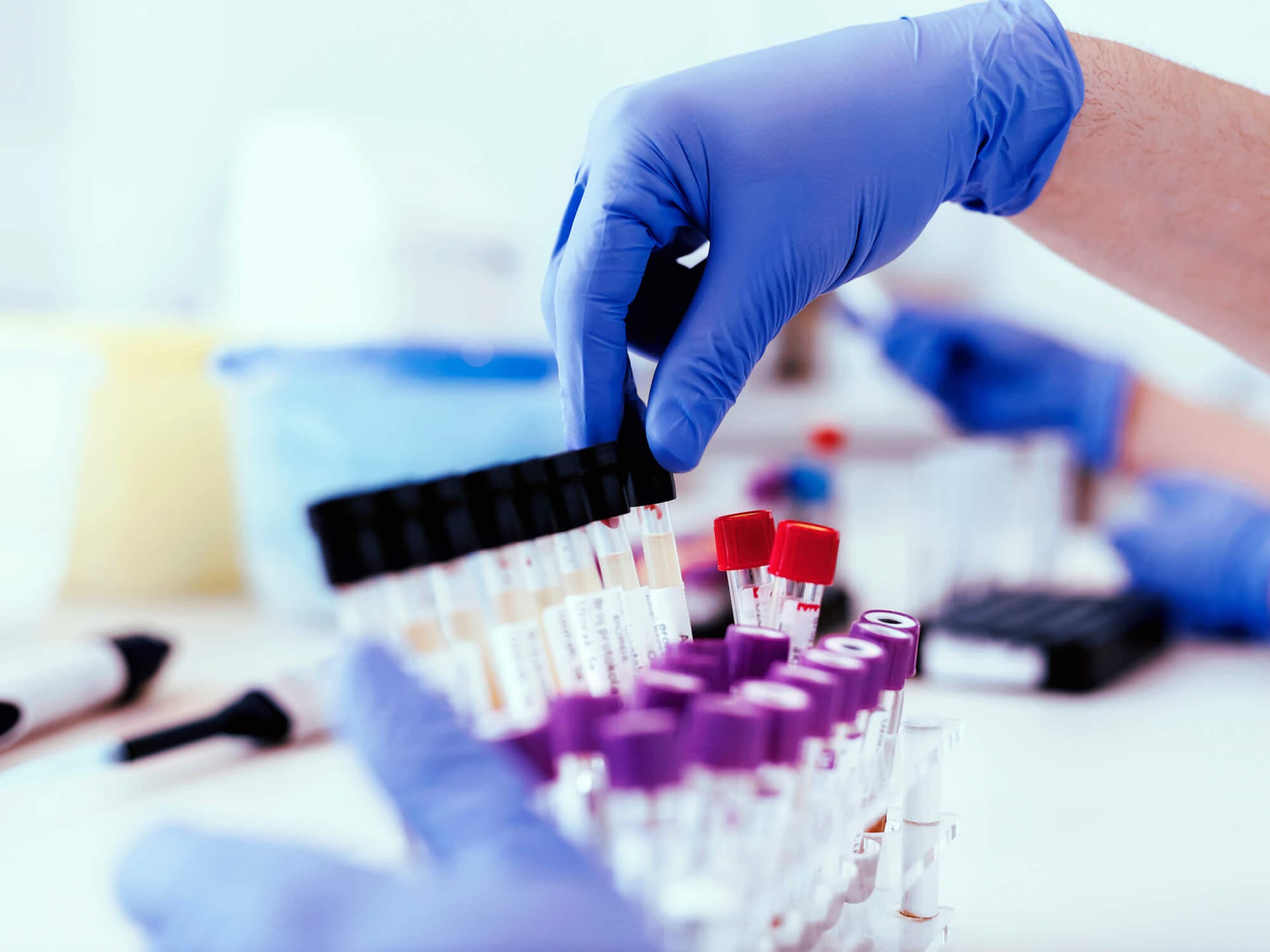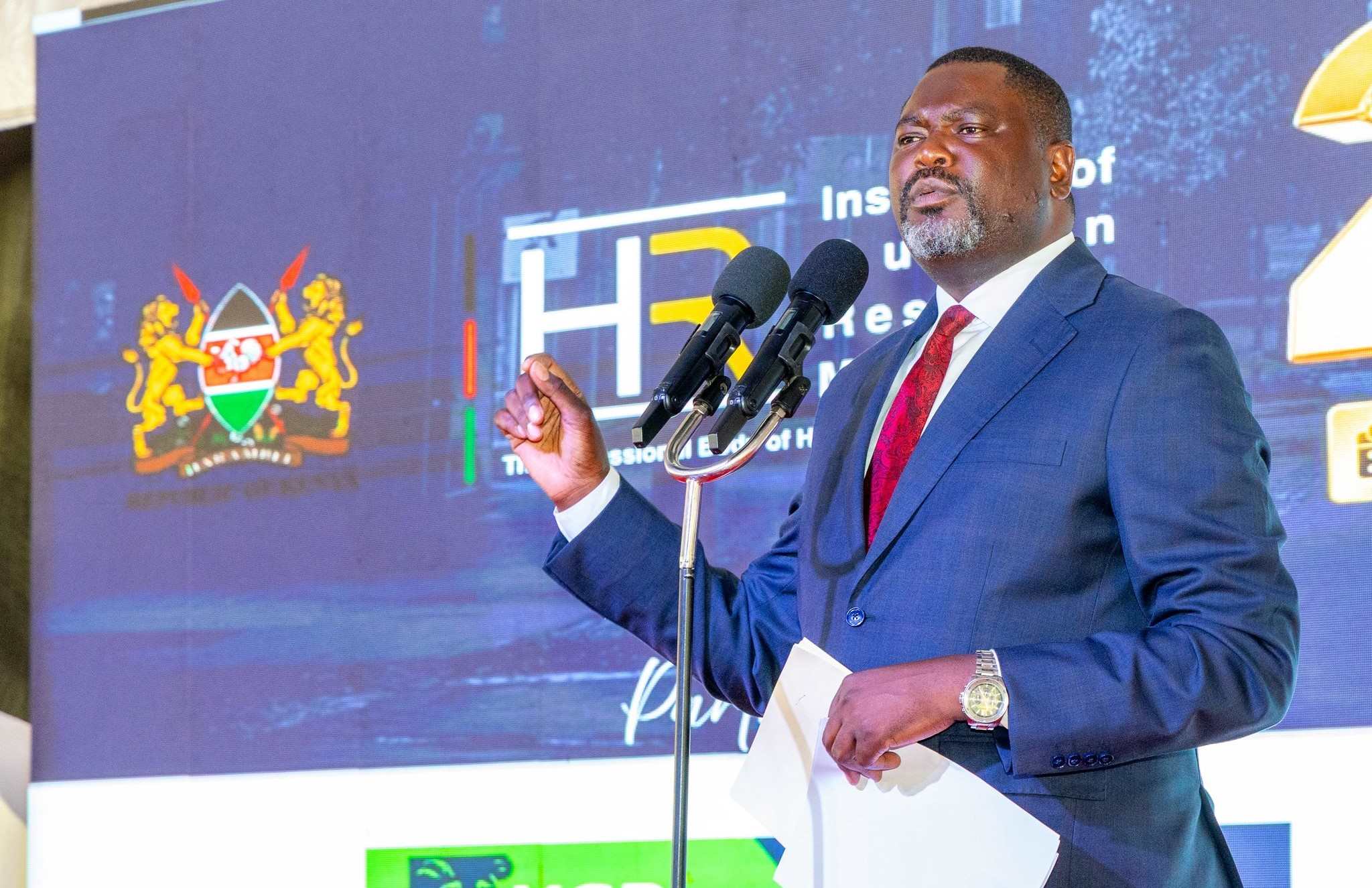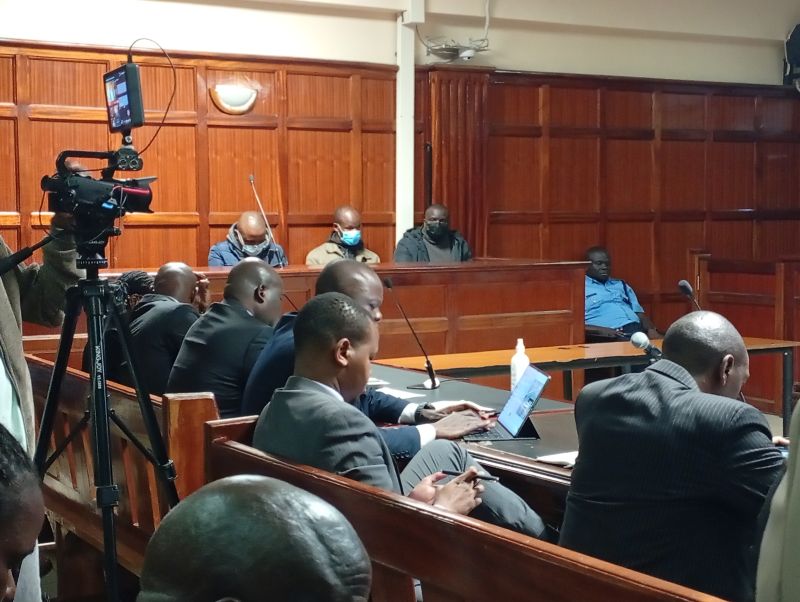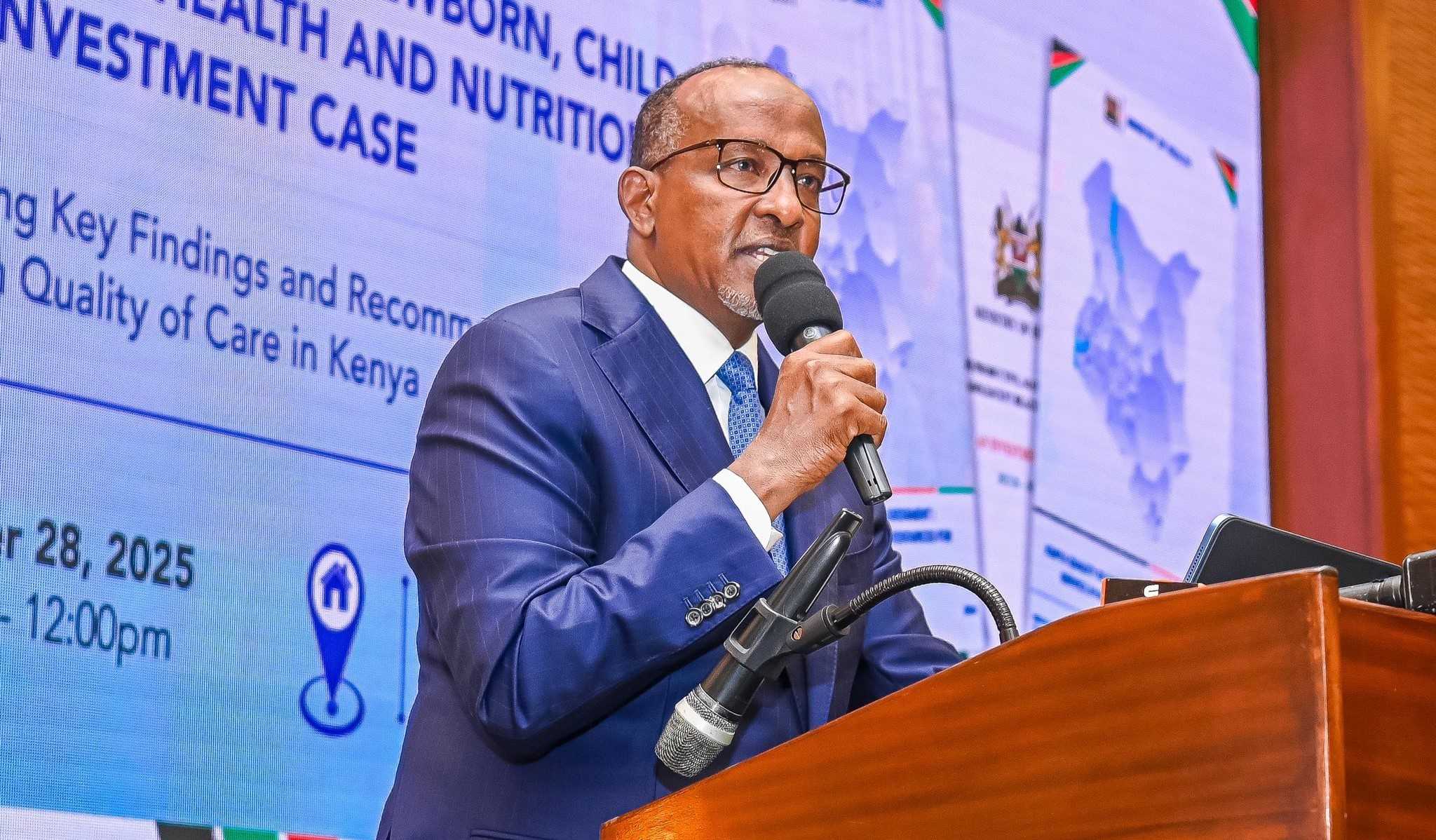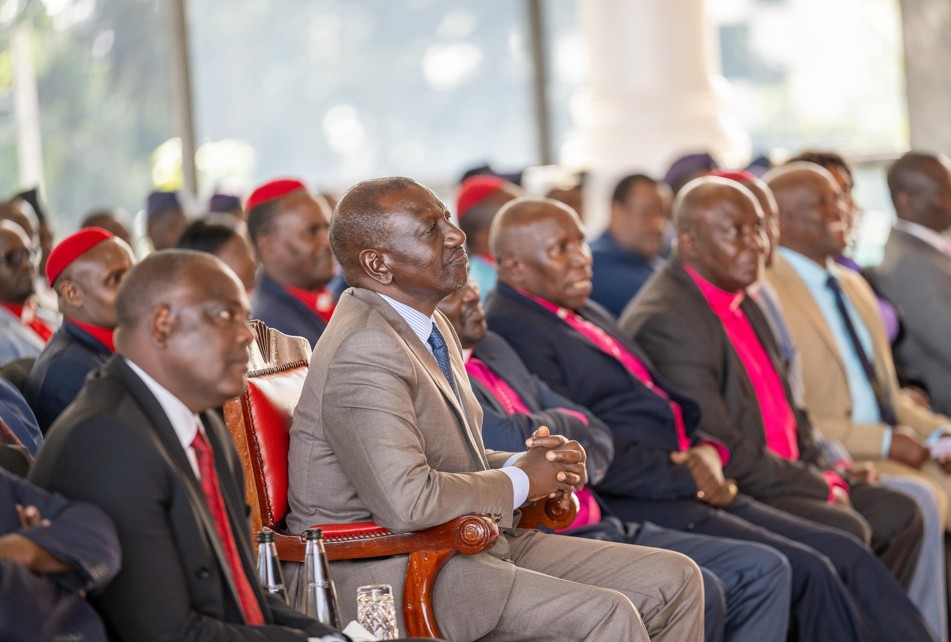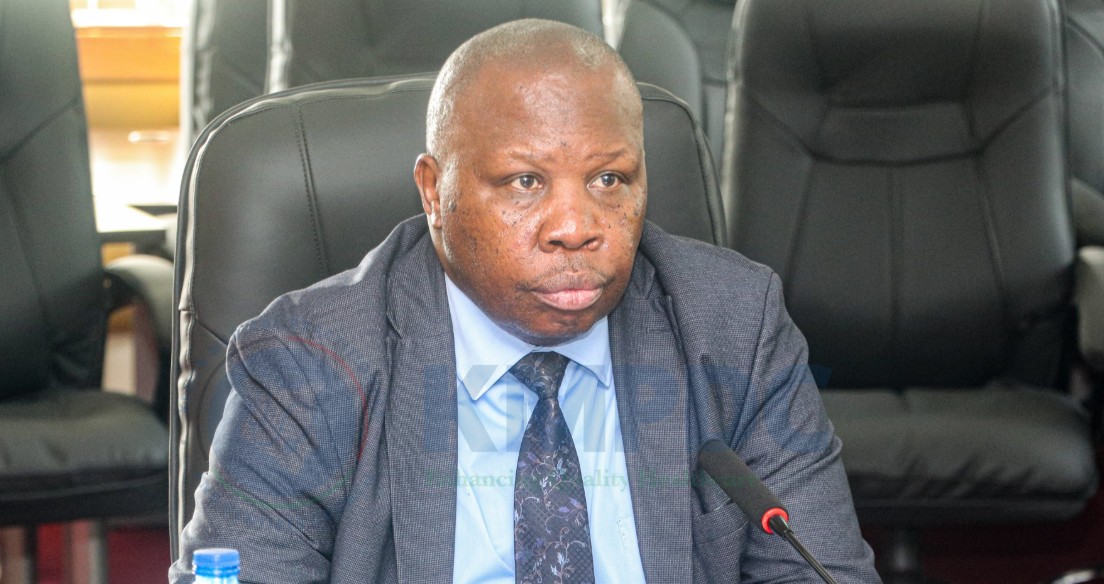Ruto unveils fibre optic network to connect 74,000 public institutions
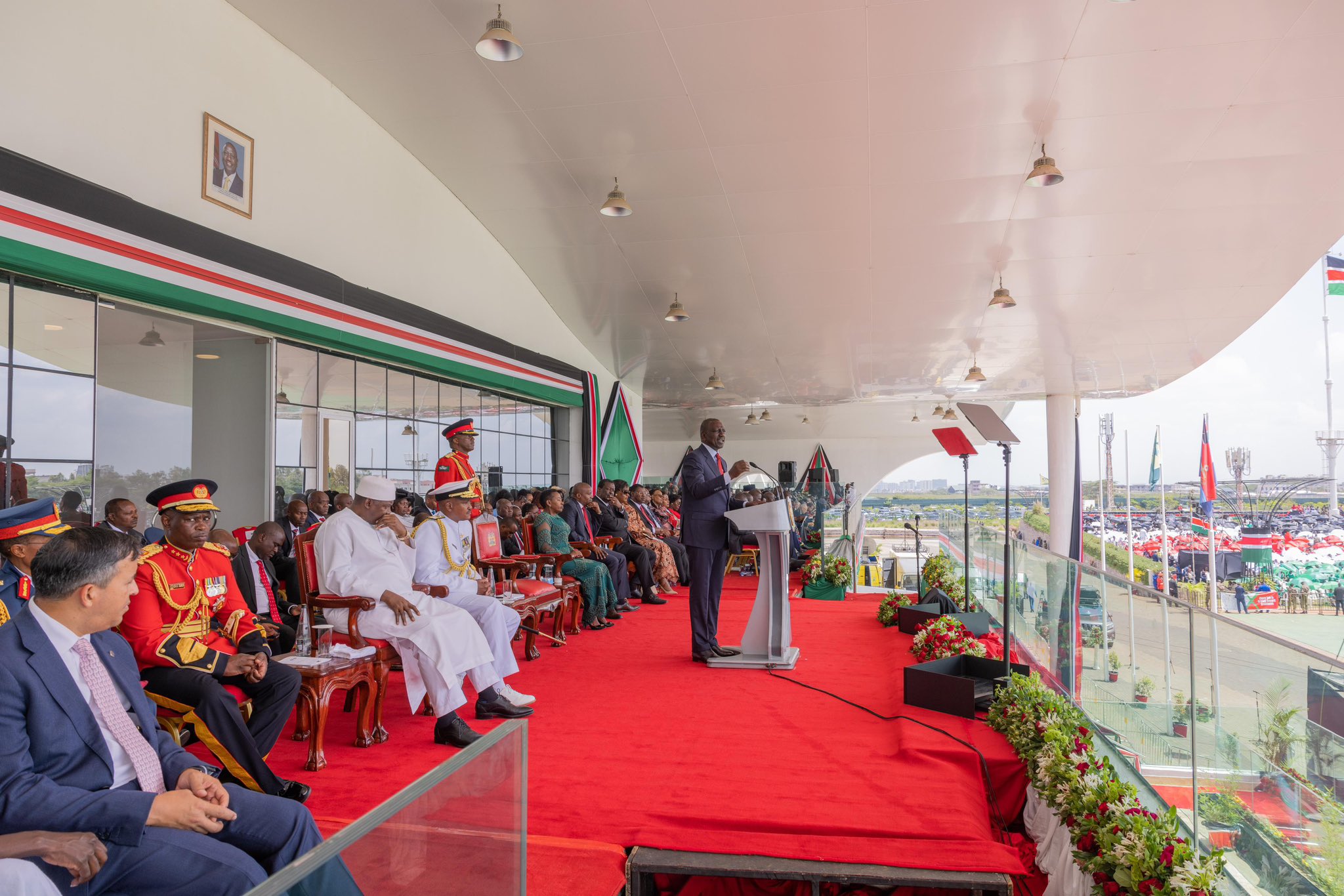
The project also includes the creation of 25,000 public Wi-Fi hotspots.
President William Ruto has launched a bold initiative to boost the country’s digital infrastructure, aiming to connect more than 74,000 public institutions through a fibre optic network.
The project, unveiled during Thursday’s Jamhuri Day celebrations, also includes the creation of 25,000 public Wi-Fi hotspots. Ruto highlighted that this plan is essential for fostering digital transformation across various sectors as outlined in the Bottom-Up Economic Transformation Agenda, a cornerstone of inclusive economic growth.
More To Read
- CS Kabogo proposes removal of wayleave fees to speed up fibre expansion
- Government targets 90 per cent coverage in Sh10 billion fibre expansion drive
- Kenya expands digital network with 13,590km fibre and 1,563 Wi-Fi hotspots
- Google announces first-ever fibre optic route connecting Kenya to Australia
“This is why we are undertaking an ambitious expansion of our national digital infrastructure by deploying a fibre optic network to connect over 74,000 public institutions and establish 25,000 public Wi-Fi hotspots because digital transformation is a critical enabler in creating opportunities across all sectors," he said.
The President emphasised that the initiative would help extend internet connectivity to 8.5 million homes and businesses, aiming to bridge the digital divide that currently limits technological access in homes, schools, villages, and counties.
Ruto also celebrated the progress made in the digitalisation of government services, highlighting the success of the e-Citizen portal.
He noted that through the e-Citizen portal, his administration has digitised 20,855 government services, streamlining public service delivery, enhancing transparency and efficiency, eliminating opportunities for corruption, and increasing the visibility and mobilisation of public revenues.
The President further stressed that these digital transformation efforts are not only improving public services but also contributing to skills development and job creation.
"Initiatives like Ajira Digital and Jitume Digital are part of the broader vision to equip 20 million citizens with ICT skills, fostering entrepreneurship and boosting digital literacy," he said.
He added that an additional 20 million Kenyans are being prepared for high productivity in the digital economy.
“We have also adopted the integration of creative industry courses into technical and vocational colleges as a reliable mechanism to build a skilled workforce," he said.
Ruto further outlined the broader strategy to establish Kenya as a regional hub for software development and digital exports.
The plan is supported by various measures, including the creation of institutional and incentive frameworks to promote investments, foster collaborations, and encourage the adoption of cutting-edge technologies such as AI and blockchain.
“These initiatives are empowering local digital innovators and tech entrepreneurs to drive economic diversification and resilience,” Ruto said.
Other Topics To Read
Top Stories Today

